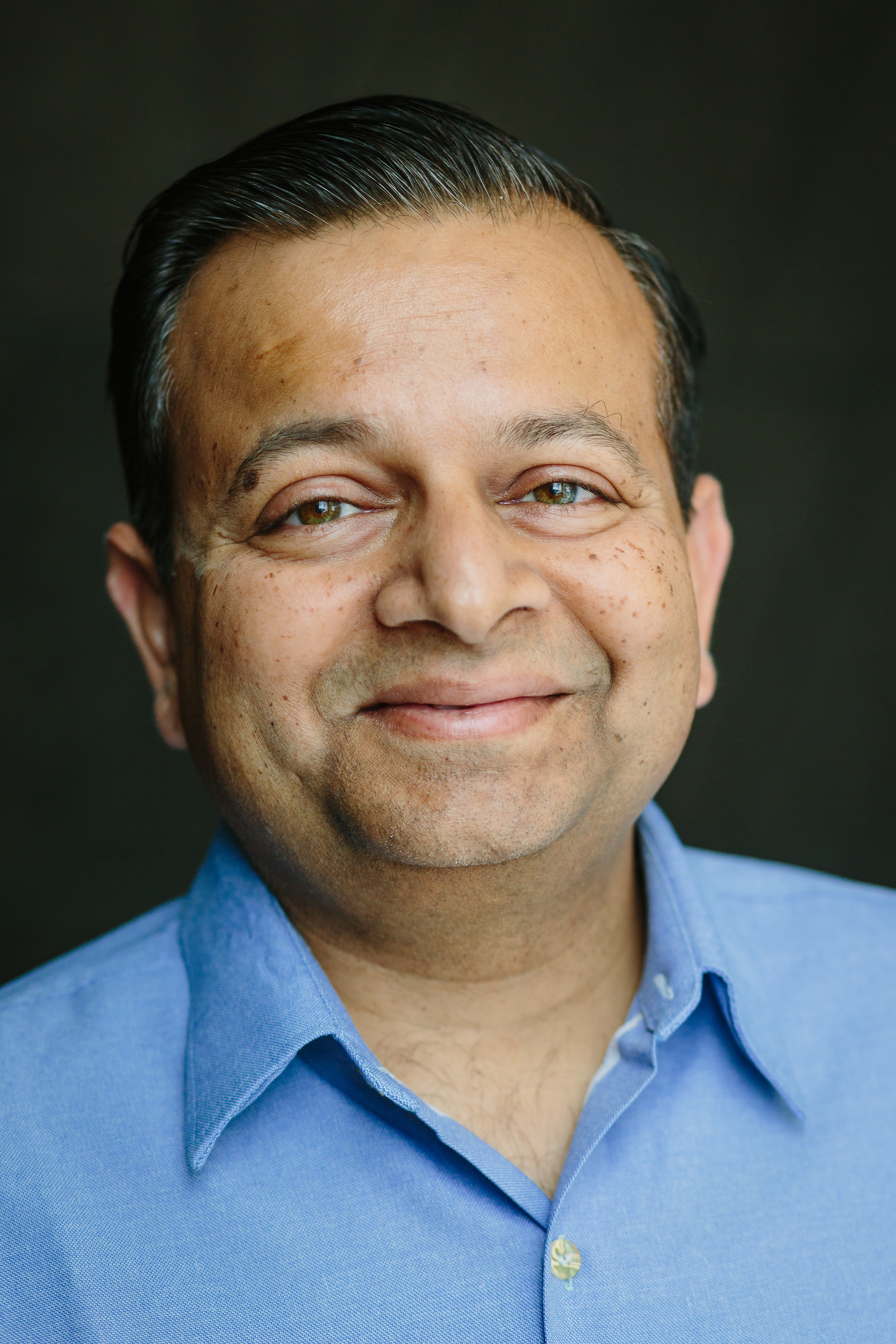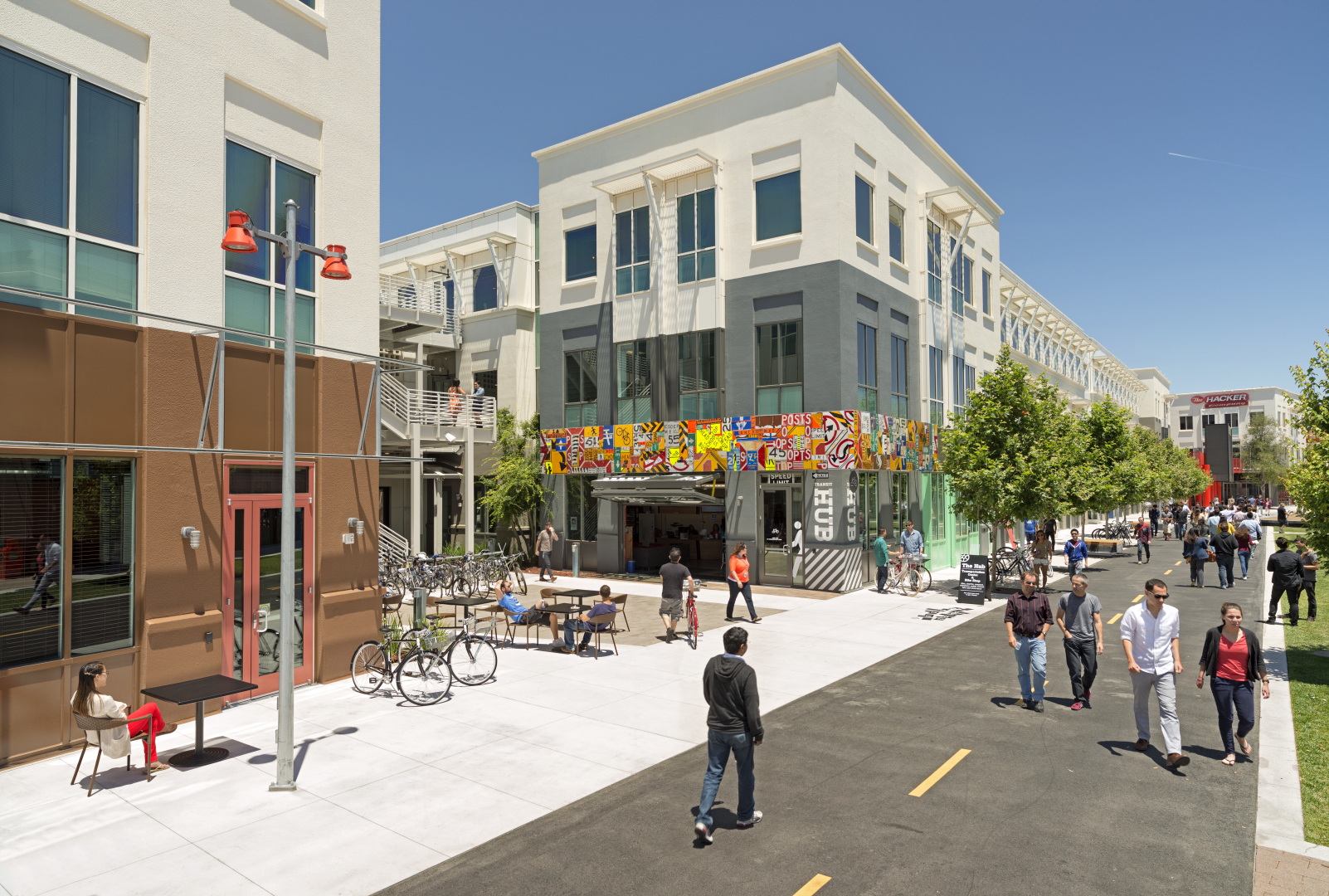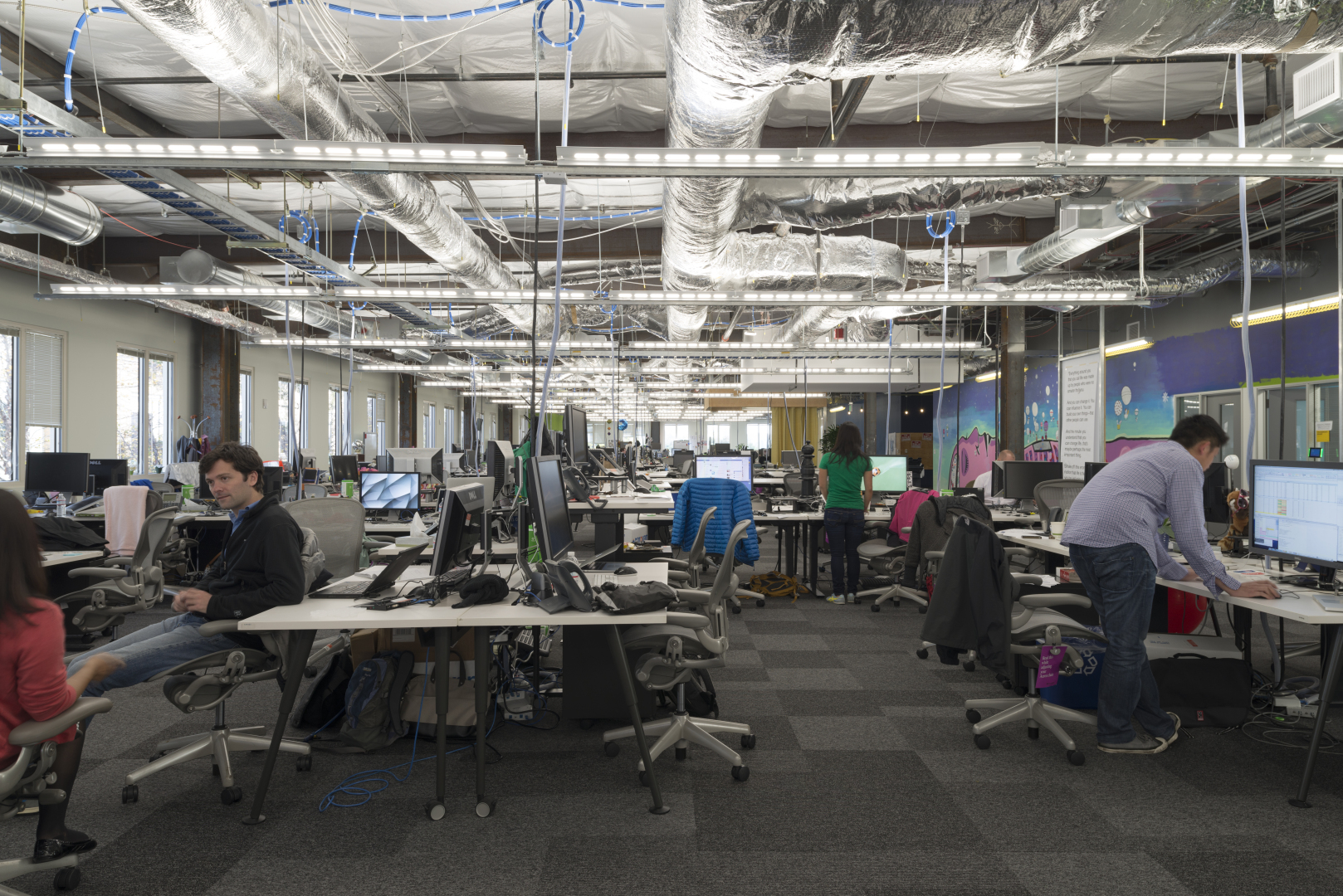Do you enjoy scrolling through Facebook every day? You can thank Rajesh Parekh for the experience.
Parekh (M.S. ’93, Ph.D. ’98 computer science) is an analytics director at Facebook. Using advanced analytics, he and his team unearth key insights from data to help build the products and features that make Facebook fun to use. Discovering those insights – or findings – can sometimes be like finding a needle in a haystack. They require a deep knowledge of how to dissect big data, but they are critical to ensuring we continue to enjoy the biggest social media platform in the world.

To do this, Parekh uses a product of machine learning – commonly known as artificial intelligence or “AI” – to dig deep into what really interests users.
“When we know more about the user’s interests and needs, we are able to provide a good user experience,” Parekh said.
Today, AI is deeply embedded in a variety of applications including ranking search results, personalizing recommendations for products and services, matching content and ads to user interests, analyzing streams of images and videos for self-driving vehicles, identifying cures for the deadliest human diseases, and defending against malicious attacks on corporate and government networks.
Parekh’s own innovation using AI spans several years and companies.
Creating innovative solutions
Parekh started his professional career as a research scientist at Allstate Research Center where he worked on applying machine learning techniques to insurance problems. He then went to Blue Martini Software where he applied large-scale data analytics to e-commerce.
Parekh’s career blossomed during his time at Yahoo! where he grew to lead the Display Advertising Sciences team, which was responsible for Yahoo!’s flagship display advertising product called “behavioral targeting.” Those efforts led to the development of “perform-alike targeting,” enabling advertisers to grow the reach of their audience by specifying a few characteristics of people they wanted to reach. Today, this approach is widely used in many advertising technology companies and is commonly referred to as “look-alike modeling.”
“Very early on, a key challenge for us was optimizing the number of ads that appeared at the top of the Yahoo! search results page,” he said. “It was well known that more ads would drive increased monetization in the short term. Intuitively, we knew that more ads would lead to a poor user experience in the long term.”
Parekh created an algorithm to identify an effective way to balance monetization and user experience. The algorithm resulted in fewer but more relevant ads, meaning business advertising dollars were better spent, and users did not have to scroll past a number of irrelevant ads to view the content they wanted.
“It was well known that more ads would drive increased monetization in the short term. Intuitively, we knew that more ads would lead to a poor user experience in the long term.”
In 2011, he joined Groupon’s Big Data team, where he led the global Data Science and Business Intelligence teams. He built large-scale user models and data-driven products to optimize the Groupon experience for users. His work on forecasting buying trends, deal recommendations and marketing incentives resulted in a personalized experience for users that increased customer loyalty, enhanced user engagement and drove extra purchases.
One of his biggest projects was building a system to automate sales that would boost the productivity of the sales team.
“The sales team was very large, and there are tens of thousands of merchants who could be featured on Groupon,” he said. “We built a system using data analytics that helped the sales people prioritize who they should reach out to.”
Parekh’s ability to provide an innovative solution to a challenge is one of his greatest strengths. It is part of his personality, but he also credits his success to his time at ISU.

Inspired by great leadership at ISU
Parekh credits the strong mentorship and support he had at Iowa State as a big factor in his own leadership ability today.
“The Computer Science department and faculty at ISU are very strong,” he said. “Students have the opportunity to learn from highly qualified professors. The variety of interdisciplinary seminars, workshops and research programs enable students to gain a very broad and diverse perspective. That is so important today.”
Parekh vividly remembers his formative years in AI research with his major professor, Vasant Honavar. He also enjoyed the various courses he took with computer science professors Jack Lutz, Johnny Wong and Suresh Kothari, who continue to teach at ISU.
“Rajesh was a very deep thinker,” Wong, professor of computer science and director of software engineering, said. “He always considered all possible options – with great attention to detail – before pursuing a solution to a problem he was trying to solve. What makes Rajesh stand out is that – even today, 25 years later – I remember he was very humble and always willing to take ideas and suggestions.”
At the time he was pursuing his Ph.D., Parekh’s research was new and quickly evolving. It was a new world of machine learning and data mining, and he was determined to learn both the theoretical and the applied sides of the research.
“Rajesh’s research was part of the trend that led to the current era we are in,” Wong said. “He is good at doing things the ‘Iowa State way’ – learning the theoretical aspect very well to build a strong foundation of understanding, and then applying the technology in a practical way.”
“He is good at doing things the ‘Iowa State way’ – learning the theoretical aspect very well to build a strong foundation of understanding, and then applying the technology in a practical way.”
“Iowa State provided a great environment to do research that was both grounded in theory and had clear practical applications,” Parekh said. “I look back at my career and I think that I am one of the lucky ones who got to work in the field of AI all along. The work I am doing even today is largely influenced by my coursework and research at ISU.”
Inspiring the next generation
Since joining Facebook as an analytics director in 2015, Parekh has managed a team of bright individuals dedicated to developing products to “delight users” on the most widely used social media platform in the world.

“One of the best things about working in an environment like Facebook is learning from incredibly smart people,” he said. “I’m surrounded by people from multiple disciplines like engineering, product management, design and user experience research. Interacting and learning from them is a great experience for me, and knowing that many things at Facebook are driven by the data analytics we provide is very satisfying.”
Last fall, Parekh visited campus when he received a Distinguished Alumni Award from the Department of Computer Science. While here, he met with graduate students in computer science.
“I was impressed to see the department’s strength,” he said. “It has grown quite a bit, which shows the importance of computer science.”
Parekh is excited about the talent he sees in today’s youth and soon-to-be graduates.
“They are incredibly smart and have a very good grounding in their areas of expertise,” he said. “What I like most is they are not afraid to take on challenging projects, even if the end is not clear. They are very adaptable to changing circumstances, which is important in this field. They have the motivation to learn new techniques and tools as they are constantly evolving.”
“What I like most is [students] are not afraid to take on challenging projects, even if the end is not clear. They are very adaptable to changing circumstances, which is important in this field."
The innovation to create new tools and methods to solve challenging problems is a thread that ties the Department of Computer Science together, but that innovation is expanding beyond the walls of Atanasoff Hall. Today, students majoring in disciplines like math, physics, sociology and biology are applying for data science positions and have become successful data scientists in the industry.
“Students should have a lot of interests, but should develop one area of expertise that they know incredibly well,” Parekh said. “When students approach their education this way, they are able to take charge of their careers. It worked for me, and I’m excited to see where the next generation leads us.”
